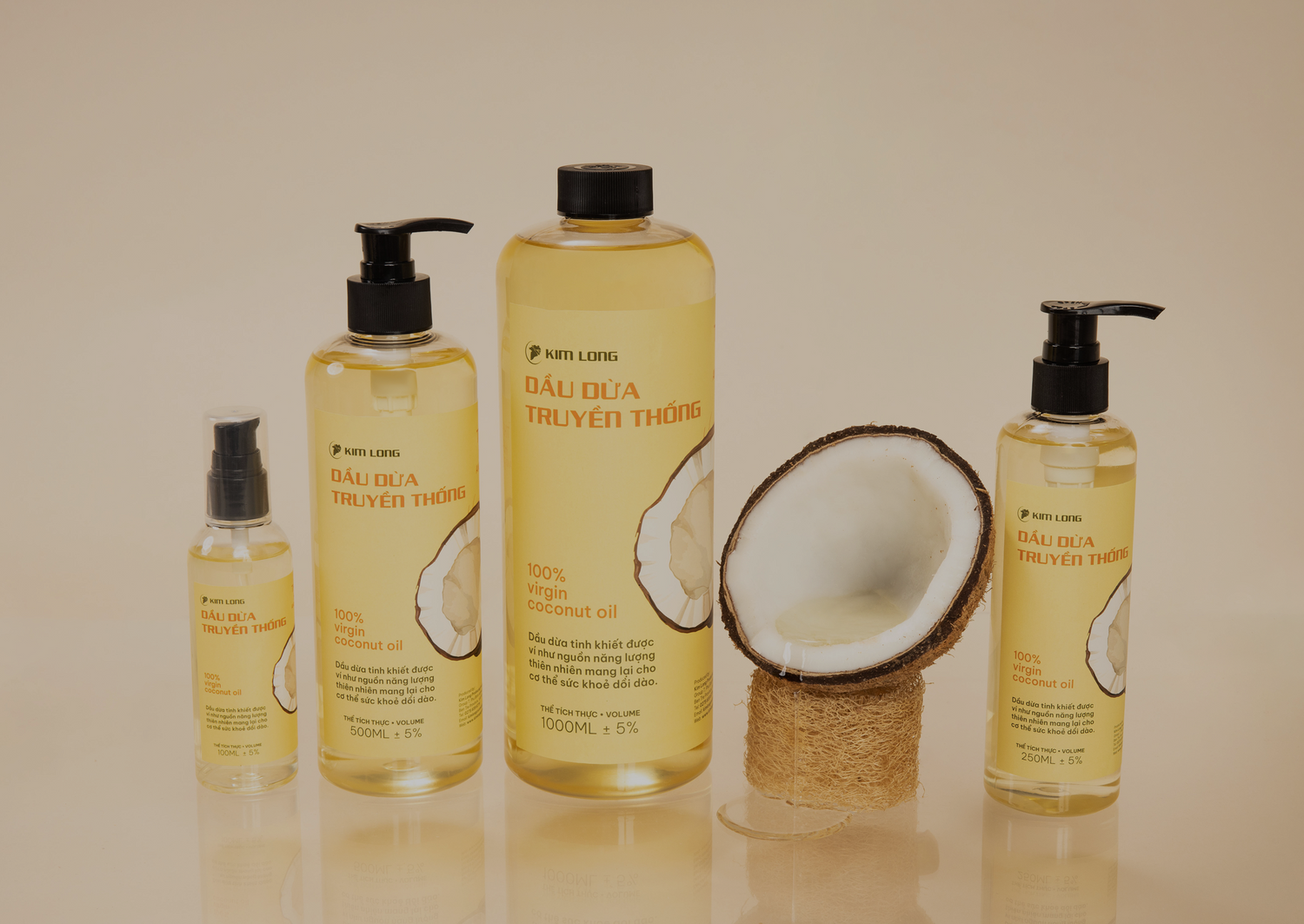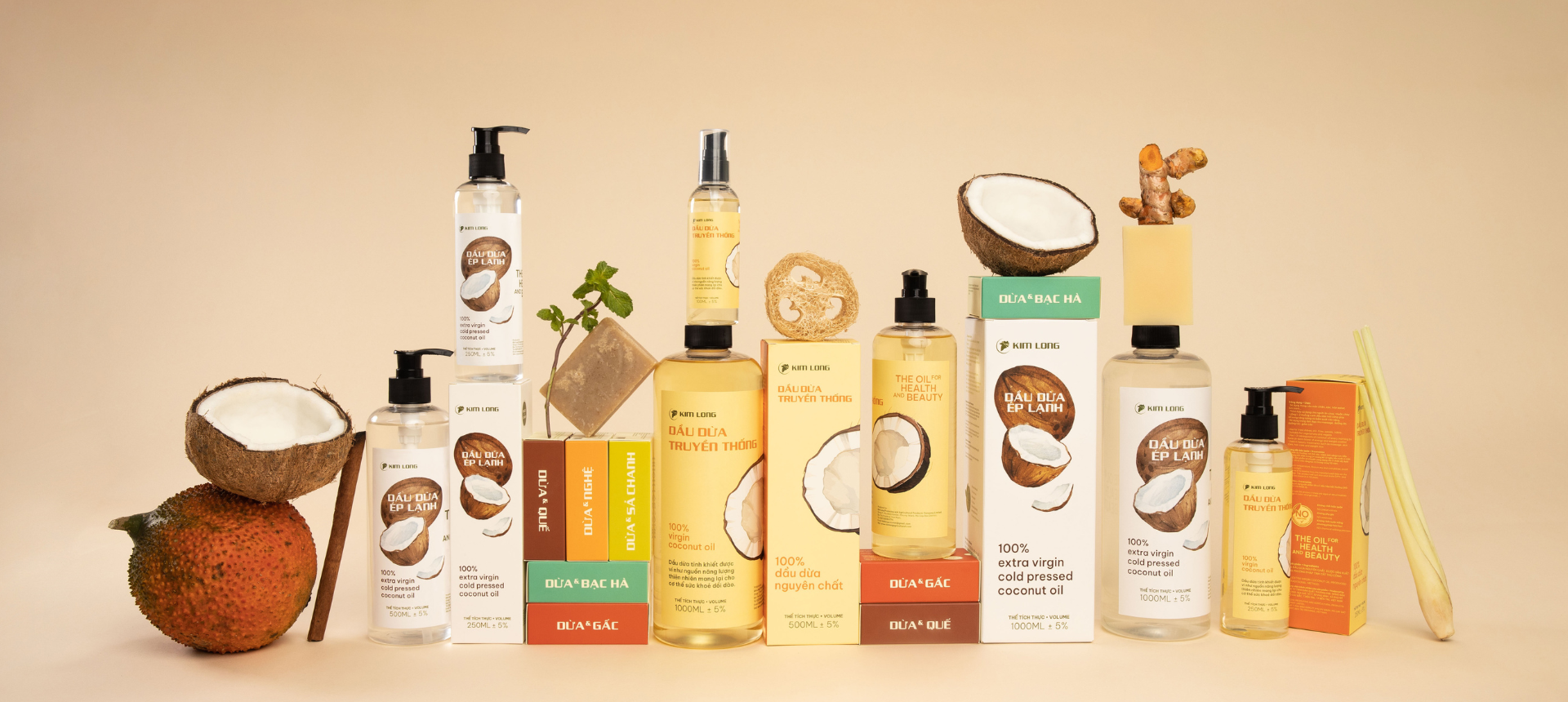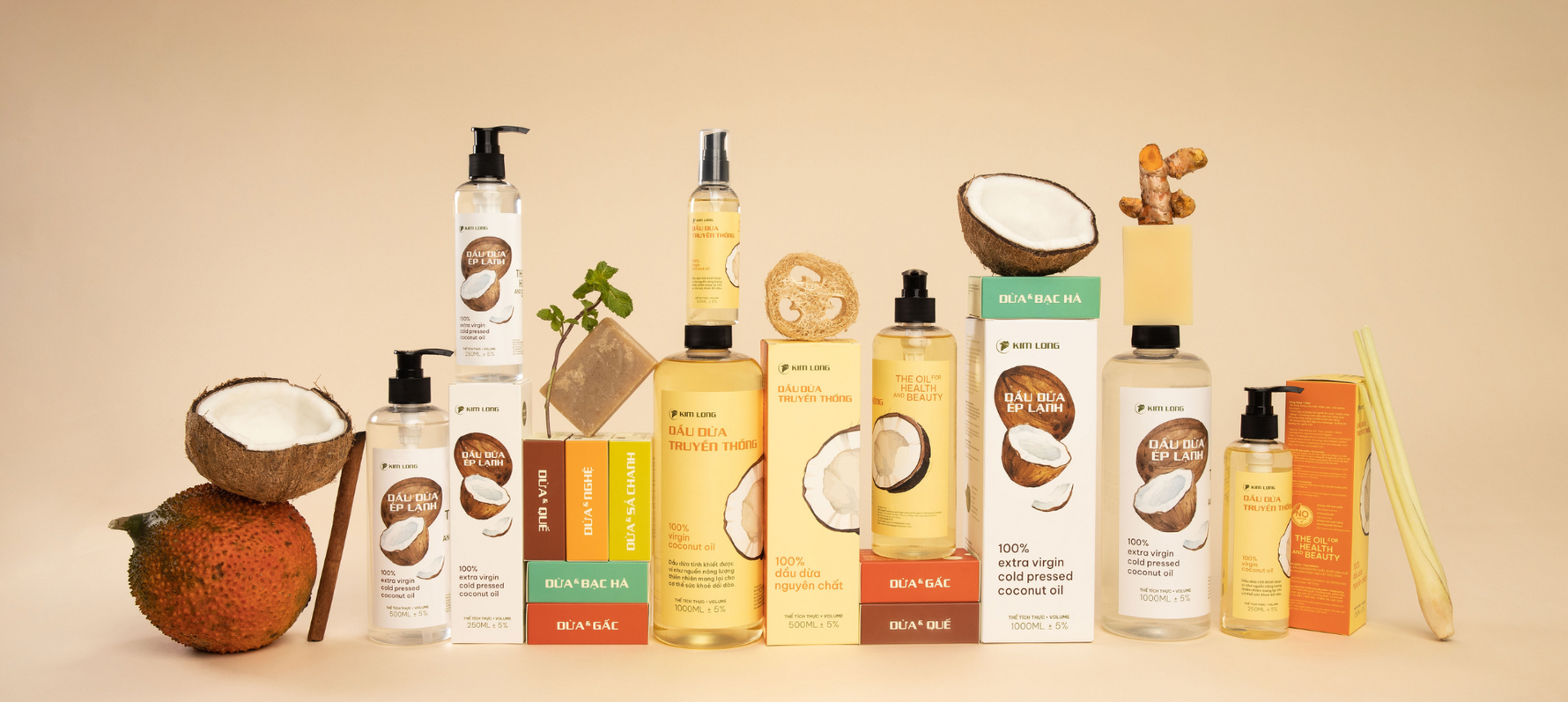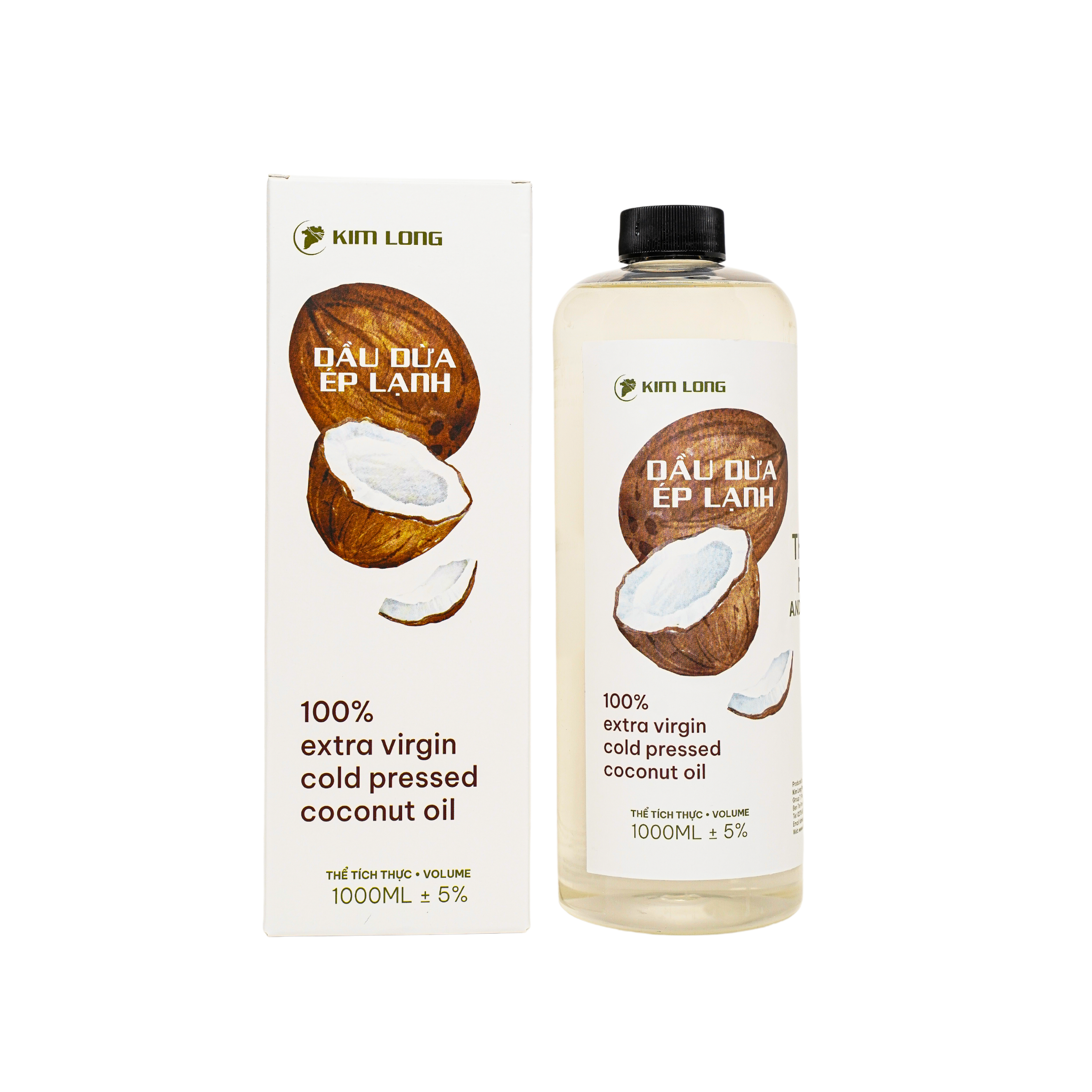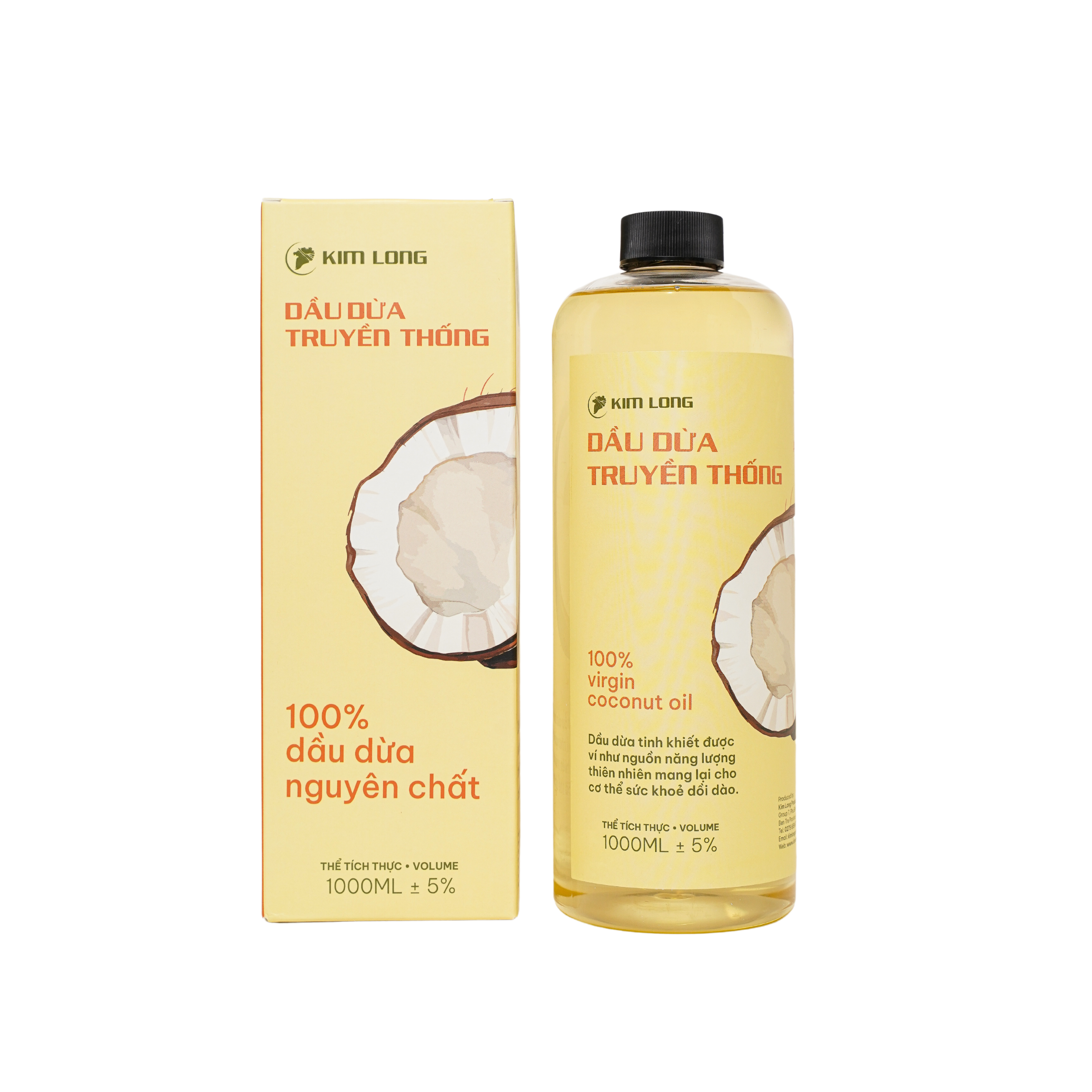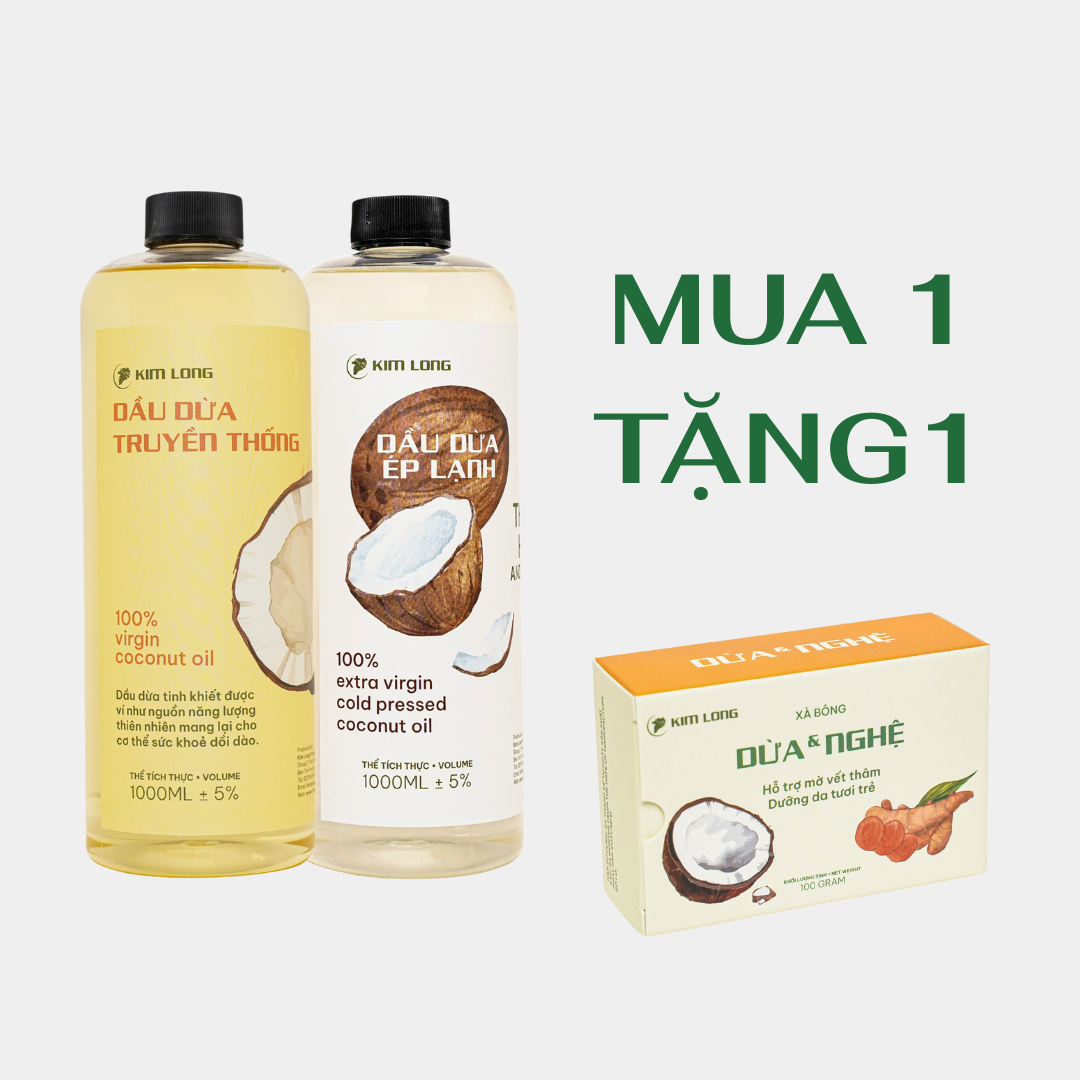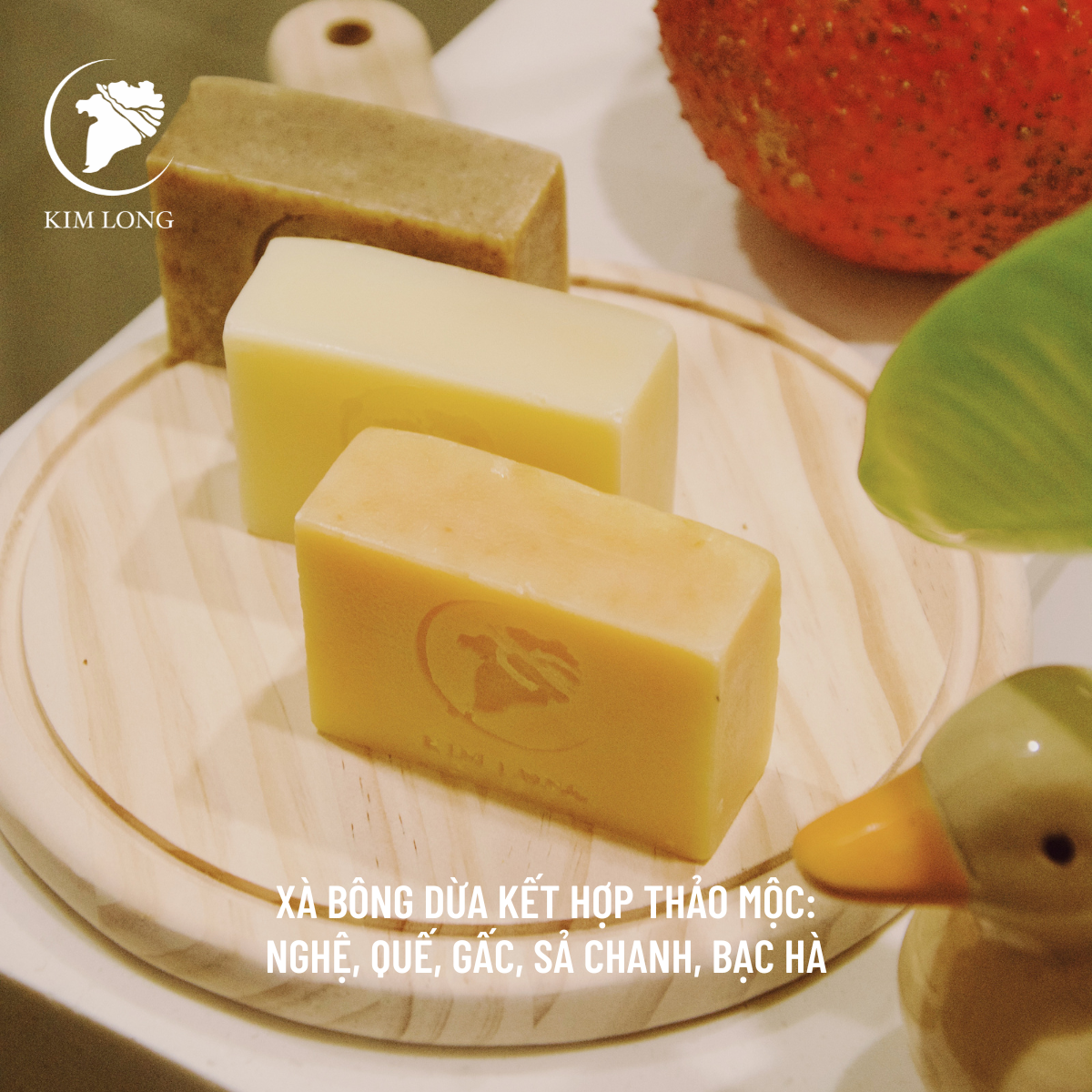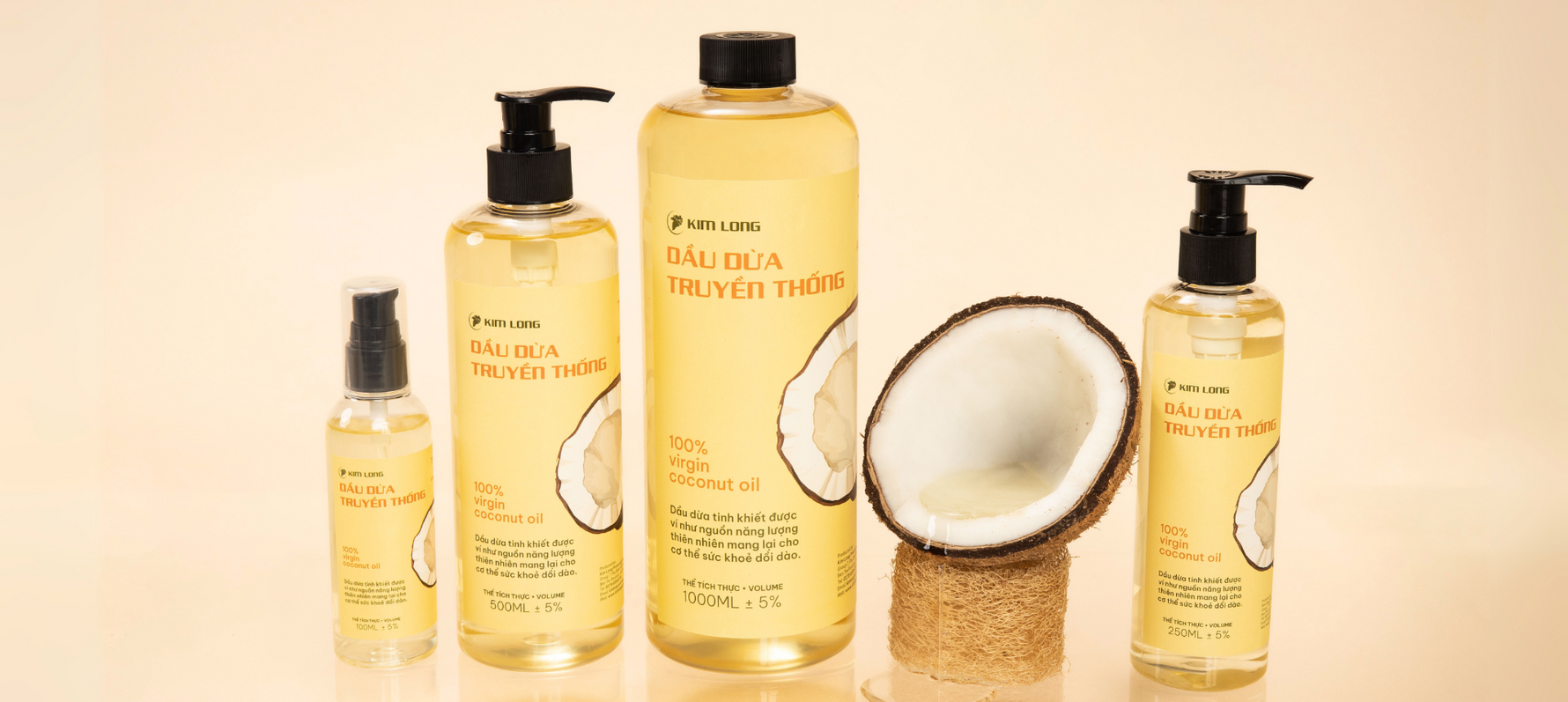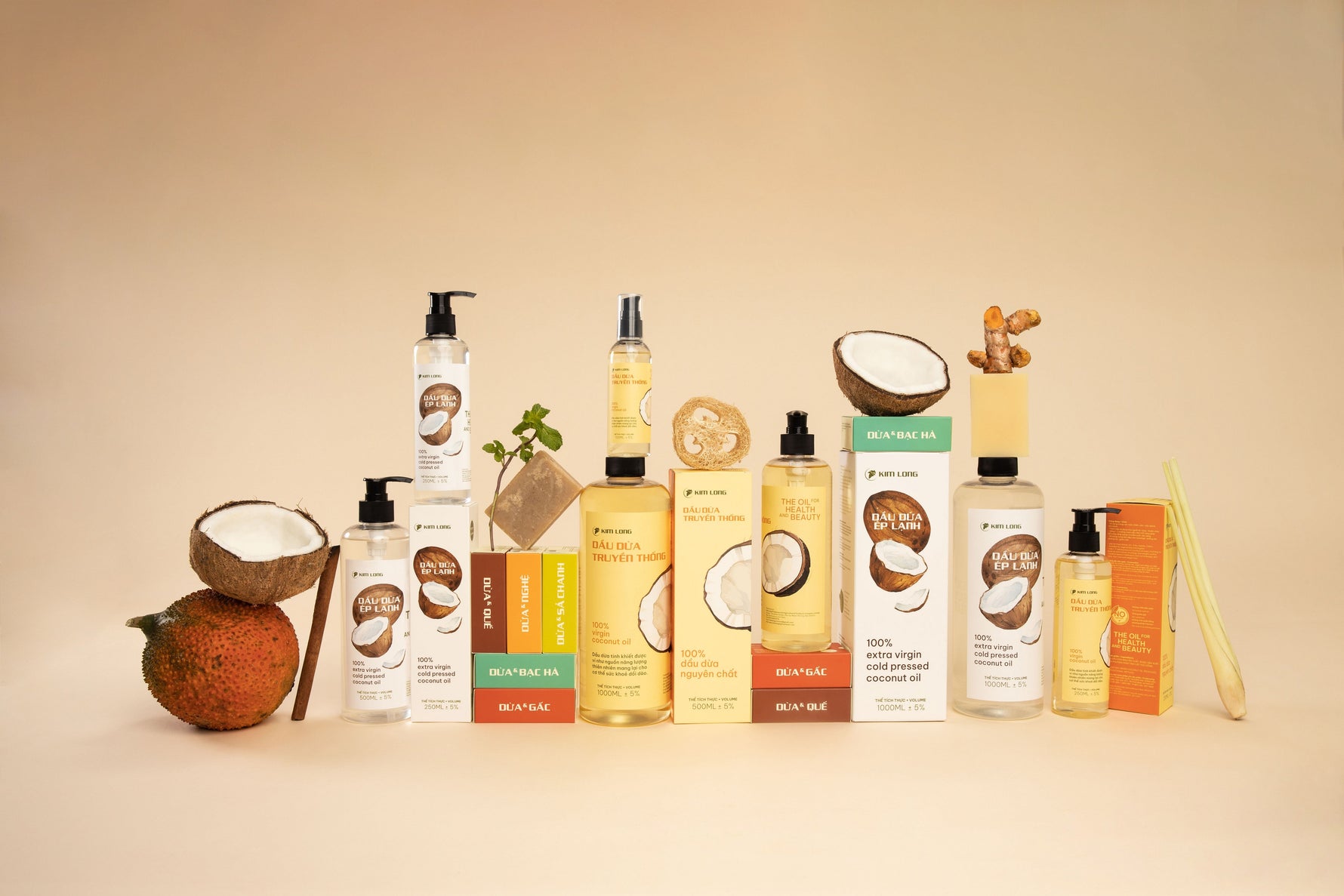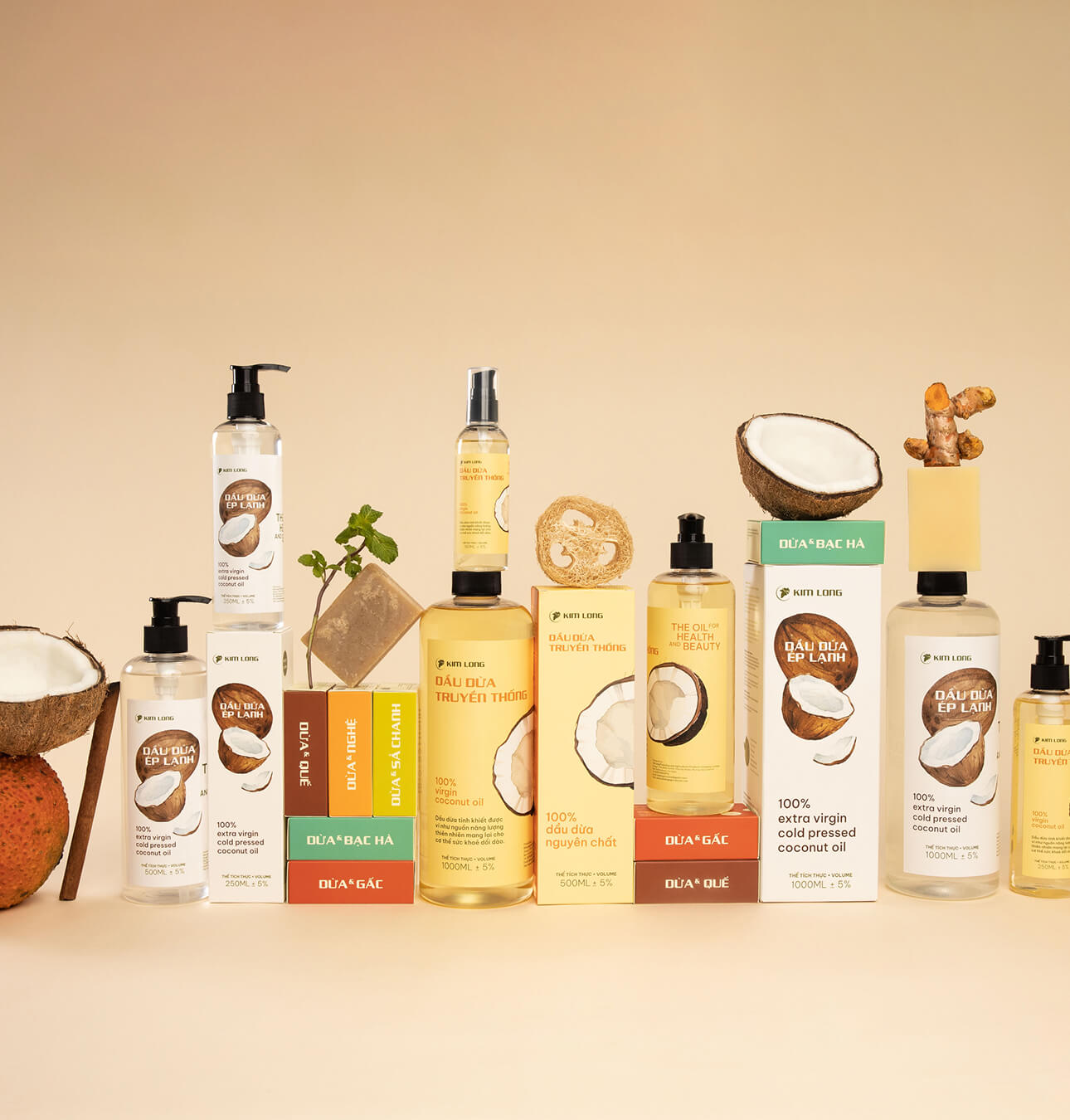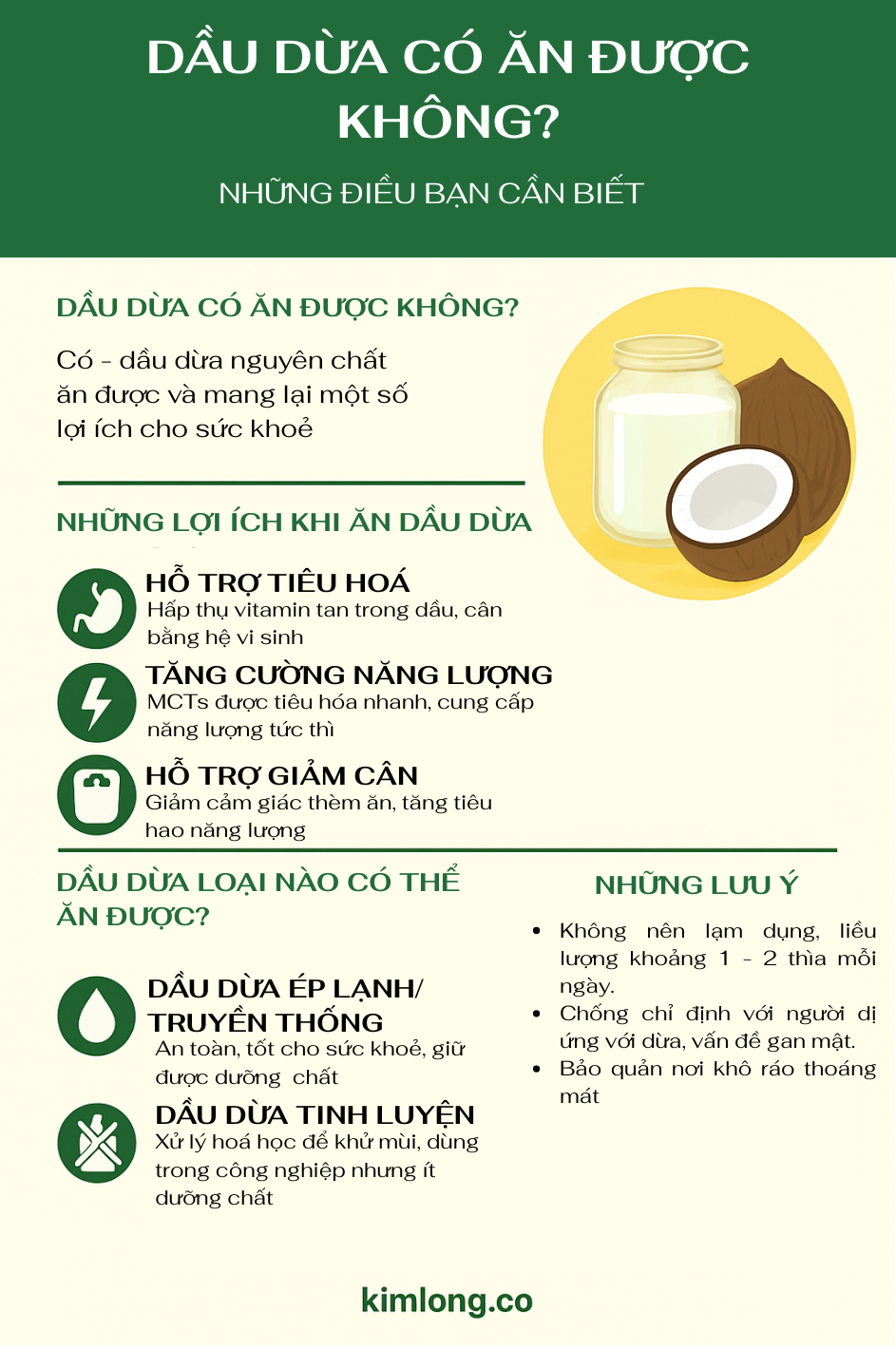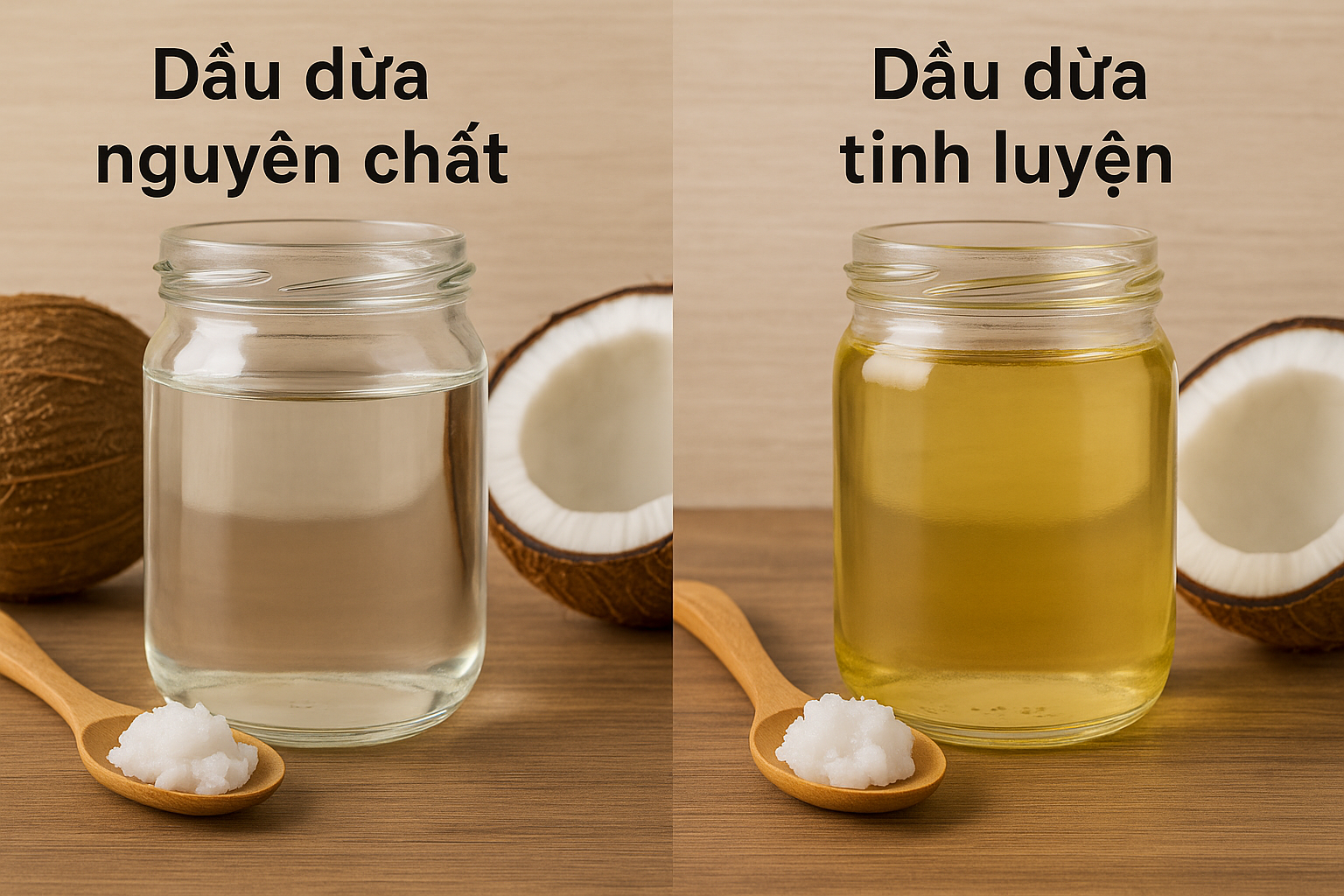
Stretch Marks During Pregnancy: Understanding Pregnant Mothers' Skin & Coconut Oil Care Secrets
Stretch Marks During Pregnancy: Understanding Pregnant Mothers' Skin & Coconut Oil Care Secrets
The 9-month journey of pregnancy is a sacred experience, filled with joy and miraculous changes in the mother's body. However, besides the happiness of waiting for the little angel, many pregnant mothers have to face changes in their skin, of which stretch marks during pregnancy are one of the most common concerns. Stretch marks appear as a "mark" of pregnancy, but sometimes cause a lack of confidence. Fortunately, nature gives us benign and effective solutions, typically coconut oil - a great companion to help pregnant mothers nourish their skin during this special period.
Why Do Stretch Marks Appear During Pregnancy?
To nourish the growing fetus, the pregnant mother's body undergoes changes. The abdomen, breasts, buttocks and thighs must expand rapidly in a short period of time. This sudden stretching exceeds the skin's natural elasticity.
Think of your skin as a fabric made up of collagen (which provides firmness) and elastin (which provides elasticity). When stretched too far, these fibers can become damaged, weakened, and even broken. As a result, stretch marks can initially appear pink, red, or purple, then fade to a silvery white over time. In addition to mechanical factors, hormonal changes during pregnancy also affect the skin's structure, increasing the risk of stretch marks.
Coconut Oil – A Natural Skin Care Gift For Pregnant Mothers
Coconut oil has long been treasured as a natural beauty secret. What makes coconut oil so powerful in caring for the sensitive skin of pregnant women?
- Rich in Medium Chain Fatty Acids (MCFAs): Especially Lauric Acid (accounting for 45-50%), Capric Acid, Caprylic Acid... These fatty acids have small molecular structures, easily penetrate deep into the skin's epidermis, provide abundant moisture, nourish soft skin from within and strengthen the skin's natural protective barrier.
- Vitamin E: A powerful antioxidant, helps protect skin cells from free radical damage, supports skin repair and contributes to maintaining elasticity.
- Antibacterial & Anti-Inflammatory Properties: Lauric Acid is known for its mild antibacterial, antifungal and anti-inflammatory properties, which help soothe the skin, reduce itching (a common symptom of stretched skin) and prevent minor inflammatory issues on the skin.
Coconut Oil Mechanism Helps Pregnant Mothers' Skin Prevent Stretch Marks
- Deep Moisturizing: Dry, dehydrated skin is less elastic and more vulnerable to damage when stretched. Coconut oil provides ideal moisture, keeping skin soft and smooth, reducing feelings of tightness, itching and discomfort.
- Helps Maintain Elasticity: By nourishing and hydrating the skin, coconut oil helps to strengthen the skin and increase its ability to withstand stretching. Vitamin E and other nutrients help to protect existing collagen and elastin fibers, making the skin more flexible to changes in size.
- Soothes Sensitive Skin: Hormonal changes and stretching can make pregnant women’s skin sensitive and easily irritated. The soothing and anti-inflammatory properties of coconut oil help reduce redness, itching, and bring a feeling of comfort.
- Safe and Non-Toxic: Pure coconut oil is a 100% natural product, containing no synthetic fragrances, parabens or potentially harmful chemicals, ensuring safety for both mother and fetus development.
Choosing the Right Coconut Oil: Traditional or Cold Pressed?
There are many types of coconut oil on the market, but the most popular are traditional coconut oil (hand-cooked) and cold-pressed coconut oil. Each type has its own advantages:
- Traditional Coconut Oil: Made by simmering coconut milk over low heat. This process produces an oil with a distinctive warm coconut aroma. This oil retains beneficial fatty acids, provides effective moisture, and is an economical choice.
- Cold Pressed Coconut Oil: Produced by mechanical pressing of fresh coconut meat without using high temperatures. This method helps to preserve maximum levels of Vitamin E, antioxidants and heat-sensitive nutrients. The oil often has a very light, pure fresh coconut aroma, ideal for those who want to maximize nutritional benefits and have extremely sensitive skin.
Choosing which type depends on your scent preferences, nutrient priorities, and the sensitivity of your skin.
Secrets of Using Coconut Oil to Prevent Stretch Marks Effectively for Pregnant Women
- Golden time: You should start using coconut oil early, from the 3rd-4th month of pregnancy, before stretch marks have a chance to appear clearly.
- Regular frequency: Apply coconut oil twice daily (morning and night), especially after bathing when the skin is still damp, to help the oil absorb best.
- Gently massage: Take a sufficient amount of oil in the palm of your hand, warm it and gently massage it on areas of skin at high risk of stretch marks (stomach, thighs, buttocks, chest) in circular motions for about 5-10 minutes. Massaging not only helps the oil penetrate deeply but also increases blood circulation.
- Be consistent: Use consistently throughout pregnancy and even months postpartum to help skin recover.
- Combine a healthy lifestyle: Drink enough water every day, have a balanced diet rich in vitamins and minerals to nourish healthy skin from within.
Conclusion
Stretch marks are a natural part of pregnancy for many women. Instead of worrying, pregnant mothers can take the initiative to take care of their skin with safe natural remedies such as coconut oil. Choosing pure, quality coconut oil products and using them regularly combined with gentle massage will be a powerful "assistant" to help mothers nourish smooth, moist skin, increase elasticity, reduce the appearance of stretch marks, thereby confidently and comfortably enjoying the full happiness of pregnancy.
Wishing all mothers a healthy and radiant pregnancy!

